Madge Eccles, 92, was first elected to the Derby board of the former East Midlands Society in the 1980s as an employee representative. She was a stalwart of the Co-op Women’s Guild and kept the Derby Central branch going until the guilds folded in 2015.
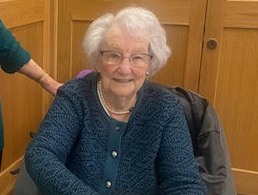
Winifred ‘Win’ Knowles, 96, was a veteran of Central England Co-op. She worked for the society for many years at the former Western Road branch in Mickleover, Derby. When she retired she joined the then Derby & Burton Society’s Member Relations Committee where she started a craft group. When she retired from the Member Relations Committee under the former age rule she continued to run the craft group until she became too infirm.
Brian Hill, 47, who died from pneumonia after being tested positive for Covid-19, had been head of operational projects for Midcounties’ Funeralcare since September 2016. He started his career in the movement as trainee funeral director at the Midlands Society, rising through the ranks as the society merged into Central England Co-op, where he served as area manager.
Alf Lomas, 92, had a long political career which included a stint as political secretary for the London Co-operative Society, where he continued its radical campaigning tradition. He also served for two decades as a Labour MEP.
Arthur Stanley Newens, 91, was a committed co-operator and life-long advocate of social justice who took the co-operative cause to the House of Commons and the European Parliament, as Labour / Co-op MP in the 1970s and later as an MEP in the 1980s and 90s. He also served as president of the London Co-operative Society in the 1970s; finding it in tough financial circumstances he was an early proponent of a merger between CRS and CWS.
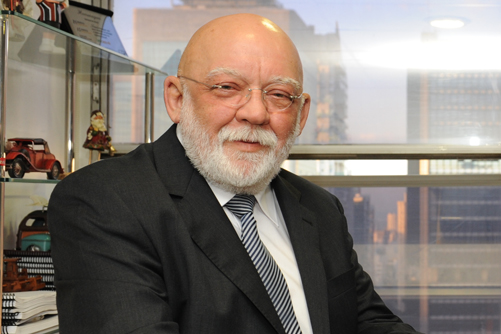
Dr Aquino, who died aged 72 of illness caused by an ischemic stroke, was involved in the Brazilian co-op movement for more than 35 years. He was president of the health co-operative Unimed Piracicaba and Fundação Unimed, and was advisor to the president of Unimed Federação São Paulo. Prior to that, he served as a board member of the International Cooperative Alliance, president of the International Health Cooperative Organisation (IHCO) and president of Unimed Brasil.
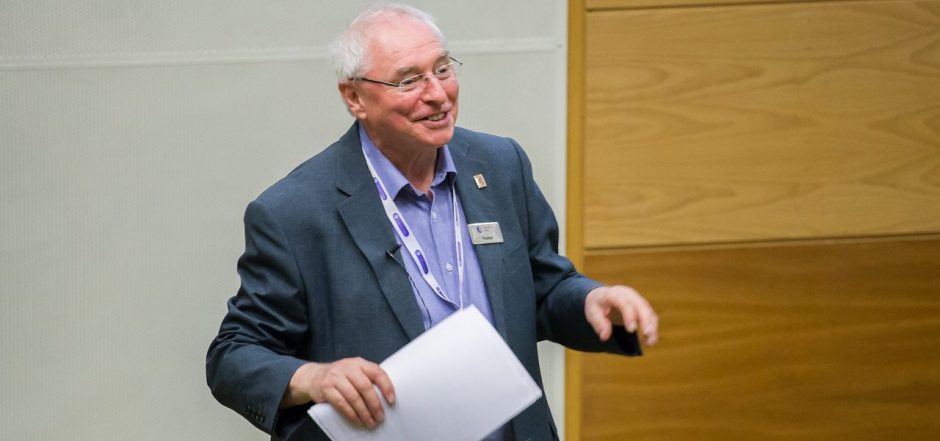
Nigel Todd, who passed away unexpectedly on 26 March, at the age of 73, was a Labour/Co-op councillor for Newcastle’s Arthur’s Hill Ward, chaired the Co-operative College’s board of trustees, and had recently joined the board of the Co-operative Heritage Trust. He also chaired the Newcastle Fairtrade Partnership and was a keen advocate for co-operation, equality and peace. He dedicated his life to tackling poverty, racism and inequality – and was passionate about life-long learning. In 2019, he and the College worked with adult education charity WEA and the University of Oxford to launch the Adult Education 100 campaign to boost adult learning. “Adult education enhances people’s lives,” he said at the time. “It helps in acquiring skills for work and everyday life, building self-confidence, and improving or maintaining health and wellbeing.”
A statement from the Co-operative College said: “We are shocked and saddened to hear of the passing of Nigel Todd. As our chair of Trustees, Nigel was a much-loved member of the College family and our thoughts are with his friends and family at this incredibly difficult time.”
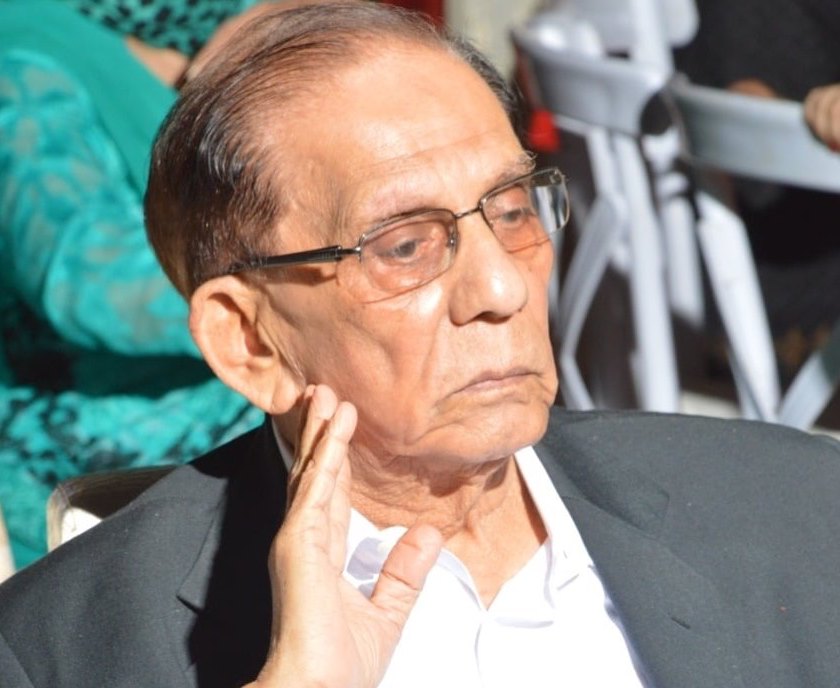
Mohammad Sharif Bhaiji, a co-operative housing pioneer who dedicated his life to the movement, died on 6 May in Karachi, Pakistan, after falling ill with Covid-19. Born in Mumbai, India in 1936, Bhaiji was immersed into the world of co-operatives early on through the work of his father, Yousuf Bhaiji, one of the founders of Sindh Cooperative.
As a managing director of Karachi Cooperative Housing Societies Union, he helped to set up hospitals, schools, rehabilitation centres and recreation parks. He was also a director of Kokan Cooperative Housing, where he had served as a secretary for more than 20 years. Other roles included general secretary of the Union Cooperative Club, and serving as director of Union Cooperative College for over 20 years.
He was active in the wider co-op sector, particularly as secretary of Sindh Provincial Cooperatives Union, which includes 2,700 consumer, agriculture, fisheries, credit and housing societies. He served on the global board of Co-operative Housing International from 2009 to 2013.
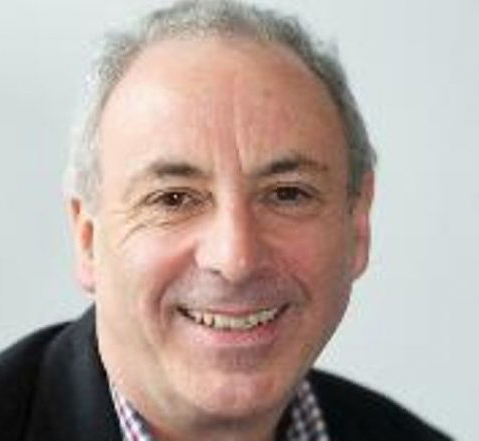
Johnston Birchall was an academic who contributed a substantial body of work to the co-op movement, including an influential review of governance. A professor emeritus at the social sciences department at Stirling University, he was a dedicated researcher in co-operation for 30 years, working to promote the model around the world as “a serious alternative to corporate capitalism”.
After studying at Oxford, Prof Birchall took a PhD at the University of York and spent five years as a housing association manager before becoming an academic. Books include Building Communities: the Co-operative Way (1988), The International Co-operative Movement (1997) which looked at the story of the International Co-operative Alliance, and People-Centred Businesses: Co-operatives, Mutuals and the Idea of Membership, (2010). In 2017 came The Governance of Large Co-operative Businesses, an influential piece of research for Co-operatives UK.
Derek Oldham, 92, was a driving force behind the success of Penrith Co-operative Society. He served as general manager at the society from 1961 until 1991 and oversaw major improvements at a number of its shops in Cumbria, including the development of the premises in Burrowgate, Penrith, into a supermarket and department store.
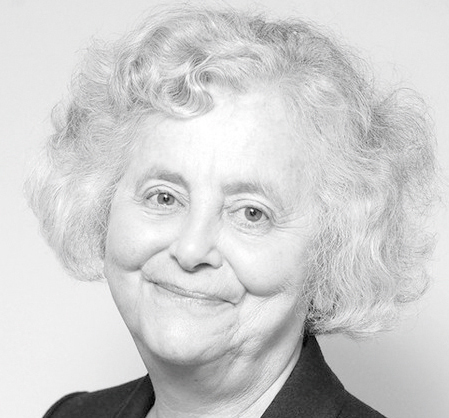
Barbara Hawkins, 77, was a lifelong campaigner for the co-op movement. She contributed to the Co-operatives UK board, acted as a governor for the Co-operative College and was vice chair of the Northern Regional Board. She was also an activist for the Labour and Co-op Parties in Richmond, Yorks. Given a long service award by the Party, she said: “It’s been a joy to be involved with the Co-op Party over all these decades, from branch secretary to Parliamentary Candidate to the NEC.”
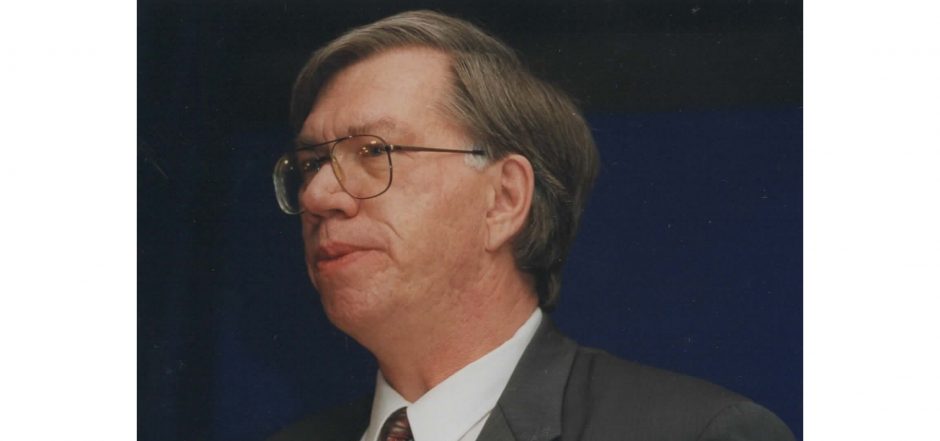
Ralph Swoboda was a giant of the international credit union movement, was the key individual promoting change in the British credit union movement from the 1990s onwards and was recognised equally throughout Ireland as a key player in ensuring the contemporary relevance of credit unions.
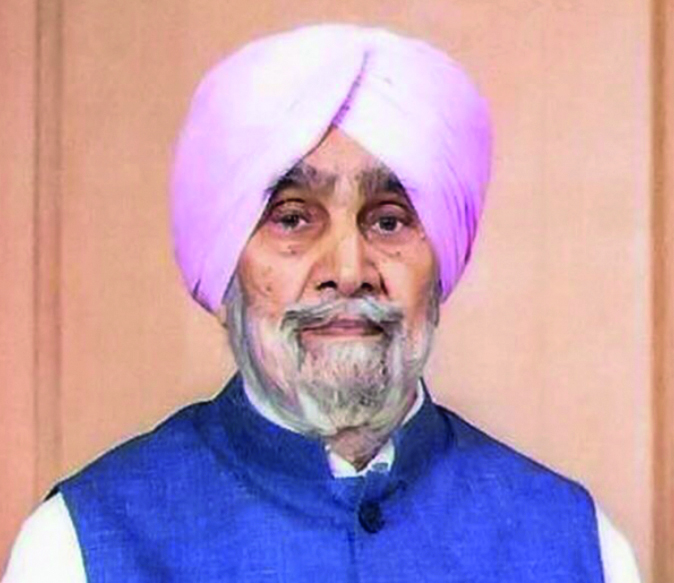
Balvinder Singh Nakai, 87, was chair of the Indian Farmers Fertilisers Cooperative (IFFCO). A farmer from Punjam, he had played a key role in developing IFFCO’s farmer-oriented policies. Involved in the co-op movement for over three decades, he became chair of IFFCO in 2014 after having served as vice chair. In addition to his IFFCO role, he served as the chair of the Malwa Fruit and Vegetable Cooperative Procurement Society.
Christian Pèes, 64, was former president of Euralis agricultural co-op. A pioneer of technological innovations in agriculture, Mr Pèes had been at the helm of Euralis for 21 years, from 2000 to 2021. During his consecutive mandates he led the co-op through the creation of Lidea, an international seed company. He also served as president of Coop de France and of Cogeca, the European Confederation of Agricultural Cooperatives (2012-2015).
Charles E. Snyder, 68, was president and CEO of the National Cooperative Bank. Mr Snyder began his career in co-ops in 1980 as president of Temporaries Federal Credit Union.
In 1983, he joined the National Cooperative Bank as corporate vice president and chief financial officer. Nine years later he took on the role of president and CEO, which he held for 38 years.
His efforts were recognised via a series of awards, including the Jerry Voorhis Award from the National Association of Housing Cooperatives and the Esther Peterson Consumer Service Award, presented by the Consumer Federation of America. He was inducted to the Cooperative Hall of Fame in 2012.
Bill May, 94, went into trade union activism after serving in WWII and took a scholarship at Ruskin College. With a commitment to adult education, Bill became an organiser for the Workers Educational Association before commencing a career in co-operative education with the St. Albans Society. In 1965 he became education secretary at Royal Arsenal Co-operative Society, and in 1978 became sectional education officer for the Co-operative Union Northern Section.
Dr Carl Clowes OBE – public health official, Welsh language campaigner and social activist – led a number of important initiatives in north Wales. This included a role in the formation of the UK’s first community
co-operative, Antur Aelhaearn, which was established in 1974 to create local employment opportunities in a bid to halt the declining local population as young people moved away; he served as its first chair.